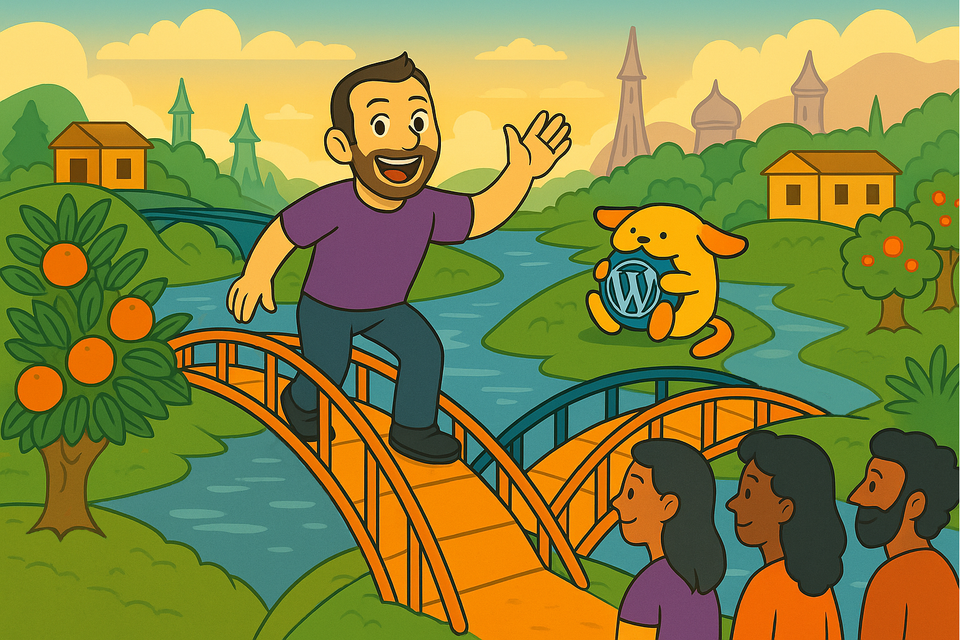Why I joined FAIR

WordPress has a problem—an existential threat. And, if we don’t act, WordPress as we know it—the community, the code, the ecosystem—won’t survive.
This isn’t a new threat; it has existed for effectively all of the twenty-two years that WordPress has existed. And, it isn’t coming from outside the ecosystem—while other platforms continue to make strides against WordPress, what can and will be its downfall is internal. No, the biggest threat to WordPress is a single word, manifested across the community and ecosystem for over two decades, made increasingly visible over the past nine months.
Centralization.
WordPress has long been led by a single person, with the project’s infrastructure paid for and overseen by that same person. One company contributes an outsized share of the project’s code, and oversees all of the official events. Even the WordPress Foundation is effectively a shell of what it could be, as I’ve written about recently.
All of this is problematic.
There do exist open source projects with benevolent dictators; leaders who act in the best interests of their projects at all times. This can work. But, a single dictator is also a single breakpoint and at the size and scale of a project like WordPress, a single breakpoint is unacceptable. One problem with one individual can bring down the entire house, and destroy the project forever.
WordPress cannot—must not—continue at the whims of one centralized company or person. We’ve seen, time and again, the problems this can cause the project. When WP Engine was blocked from accessing WordPress.org, when individuals who spoke up were banned from the community, when Code of Conduct violations go unenforced—each of these actions (or lack thereof) happened without recourse, and at the whims of a single individual.
This isn’t just theoretical; it’s practical too. Over the past few years, every WordPress release has led to downtime for WordPress.org, as it is unable to keep up with demand. Given the centralized nature of the server, this downtime will continue unless additional resources are added to WordPress.org, affecting millions of users around the world. But that site is owned and managed by one person, shouldering all of the expense, with no incentive to increase hosting costs. This doesn’t have to be the case.
If we want WordPress to survive for another twenty-two years, if we want to protect the community and ecosystem we have, collectively, built over the past two-plus decades, the future of WordPress must be decentralized.
And all of this brings me to FAIR.
FAIR represents a step forward for the WordPress ecosystem; an initiative working to build a future where no one person or entity controls critical infrastructure. Together, we can all ensure that WordPress exists forever. The message of FAIR is one of collaboration and cooperation—as a community, we can build the future we deserve.
At the start, FAIR’s federated approach provides a package manager designed to support the WordPress ecosystem. It’s not meant to usurp what exists today, but act as a branch of the project, with neutral leadership focused on building decentralized infrastructure. And we’re going to do it together: like true open source projects, FAIR welcomes contributions, as everyone—even competitors—works together to build the future of WordPress.
The future of WordPress is decentralized, and I’m proud to have helped lay the groundwork and be a part of it.
Member discussion